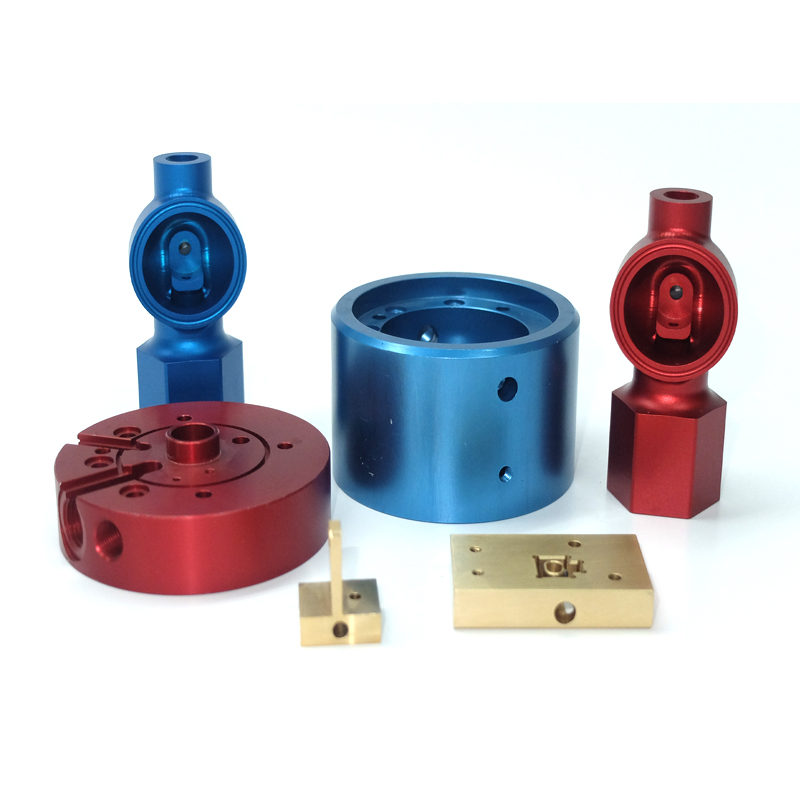Jul. 12, 2023
Penas CNC (Computer Numerical Control) machining is a manufacturing process that utilizes automated machine tools to shape and refine workpieces with remarkable precision. As industries continue to adopt CNC machining, it becomes essential to understand the accuracy and precision requirements for achieving the desired outcomes. This article aims to delve into various aspects of precision requirements in CNC machining.

1. Tolerance: Tolerance refers to the allowable deviation from the desired dimensions in CNC machining. It ensures that the final product meets the required specifications. The choice of tolerance depends on the part's function, material properties, and manufacturing constraints. CNC machines can achieve tight tolerances, often in the range of microns (µm), allowing for intricate designs and superior functionality.
2. Positioning Accuracy: Positioning accuracy measures how closely the machine, specifically the CNC system, can position the tool to the intended location. It affects the overall precision of the machined part. CNC machines with high positioning accuracy can execute complex operations with minimal error, resulting in accurate geometries and precise dimensions.
3. Repeatability: Repeatability refers to the ability of a CNC machine to consistently produce the same output under the same conditions. It is crucial for mass production where identical parts are required. CNC machines with excellent repeatability ensure that every piece manufactured meets the designated specifications, without significant variations in dimensions and quality.
4. Surface Finish: Surface finish describes the quality of the machined surface. It directly impacts the appearance, functionality, and durability of the final product. Achieving a desired surface finish requires careful selection of cutting tools, machining parameters, and tool-path strategies. CNC machining can attain exceptional surface finishes, from rough to mirror-like, based on the specific requirements of the workpiece.
5. Tool Wear and Tool Life: CNC machining involves the use of cutting tools, which wear down over time. Tool wear affects the precision and quality of the machined parts. Minimizing tool wear is crucial to maintain consistent performance and dimensional accuracy. CNC machines with efficient tool monitoring systems can help identify tool wear, allowing timely replacement and prolonging the tool life for improved precision. Conclusion: CNC machining has revolutionized various industries by providing unmatched precision and accuracy. Understanding the precision requirements in CNC machining, such as tolerance, positioning accuracy, repeatability, surface finish, and tool wear, allows manufacturers to optimize their processes, enhance product quality, and maintain excellent efficiency. As technology advances further, the precision capabilities of CNC machines continue to push boundaries, enabling the creation of intricate and flawless parts.
NAVIGATION